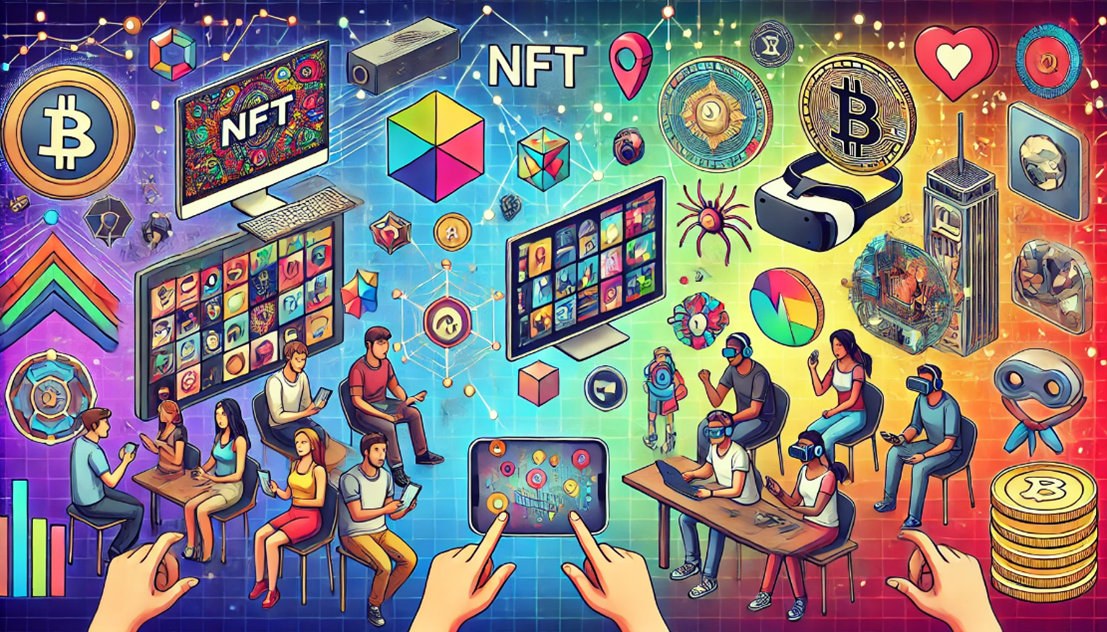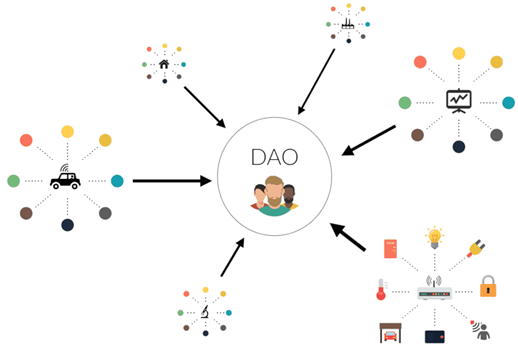Tips for avoiding scams and pitfalls on P2E game

Tips for avoiding scams and pitfalls on P2E game
by Maximilian 05:18pm Jan 16, 2025
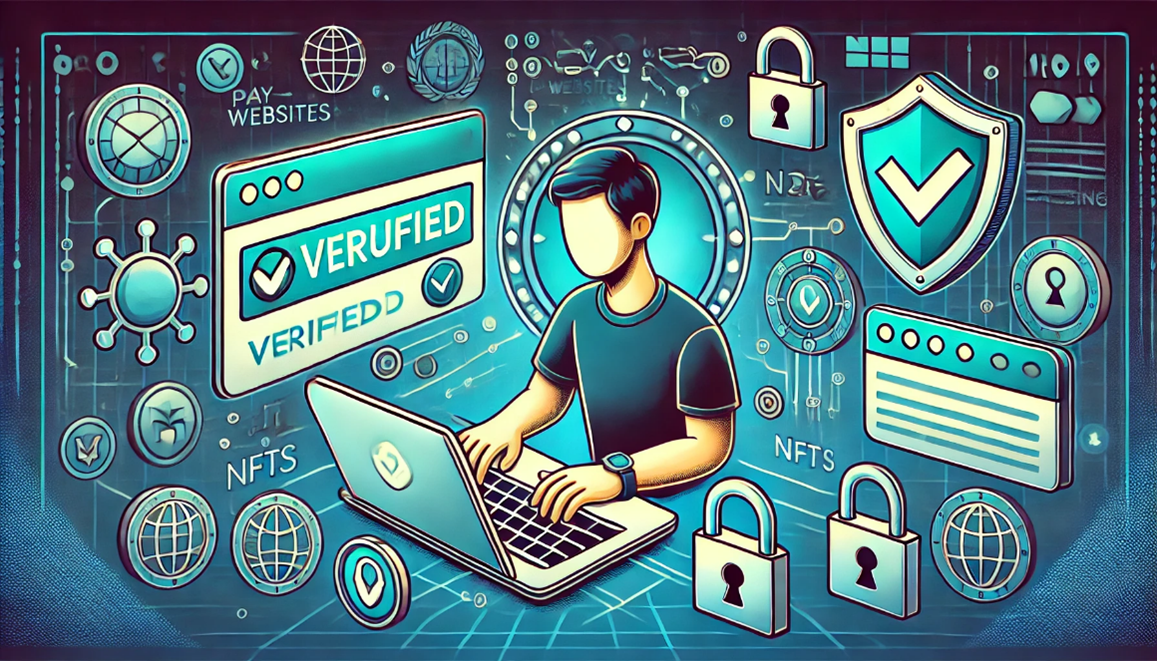
Avoiding scams and pitfalls in Play-to-Earn (P2E) games is crucial to ensuring a safe and enjoyable experience. The P2E space is still relatively new and evolving, and unfortunately, scams and fraudulent schemes are not uncommon. Here are some essential tips to protect yourself:
1. Use Official Sources and Verified Websites
Tip: Always ensure you're using official, verified websites and platforms associated with the game.
Why: Phishing websites that mimic legitimate P2E game sites can steal your funds or personal information. Scammers often create fake sites that look like the official ones.
How to Protect Yourself:
Bookmark the official game website and use it exclusively.
Avoid clicking on links from untrusted sources (e.g., social media or unsolicited messages).
Check the website URL for correctness (e.g., https:// for security).

2. Double-Check Smart Contract and Token Addresses
Tip: Before interacting with a smart contract or transferring tokens, verify the contract address and token details from the official game or project resources.
Why: Malicious actors may use counterfeit contract addresses to trick users into sending tokens to the wrong address.
How to Protect Yourself:
Use trusted sources like the official game website or verified platforms (e.g., OpenSea) to find the correct addresses.
Cross-check contract addresses on Etherscan or BSCScan to ensure they match the official ones.
3. Beware of “Too Good to Be True” Offers
Tip: If something sounds too good to be true (e.g., promises of high returns with little effort), it probably is.
Why: Scammers often prey on players by offering large rewards with little risk, which are usually part of a scam or Ponzi scheme.
How to Protect Yourself:
Research the offer before acting. Legitimate P2E games have clear mechanics and reward structures.
Be cautious of anyone promising guaranteed returns or success.
4. Never Share Your Private Keys or Recovery Phrases
Tip: Never share your wallet’s private key or seed phrase with anyone, even if they claim to be from official game support or customer service.
Why: Scammers often impersonate customer service representatives to trick users into giving up their private keys or recovery phrases, gaining full access to your wallet and assets.
How to Protect Yourself:
Keep your private keys and seed phrases offline and store them in a safe, secure location (e.g., physical paper backups or hardware wallets).
If anyone asks for your private keys or recovery phrase, it’s almost certainly a scam.
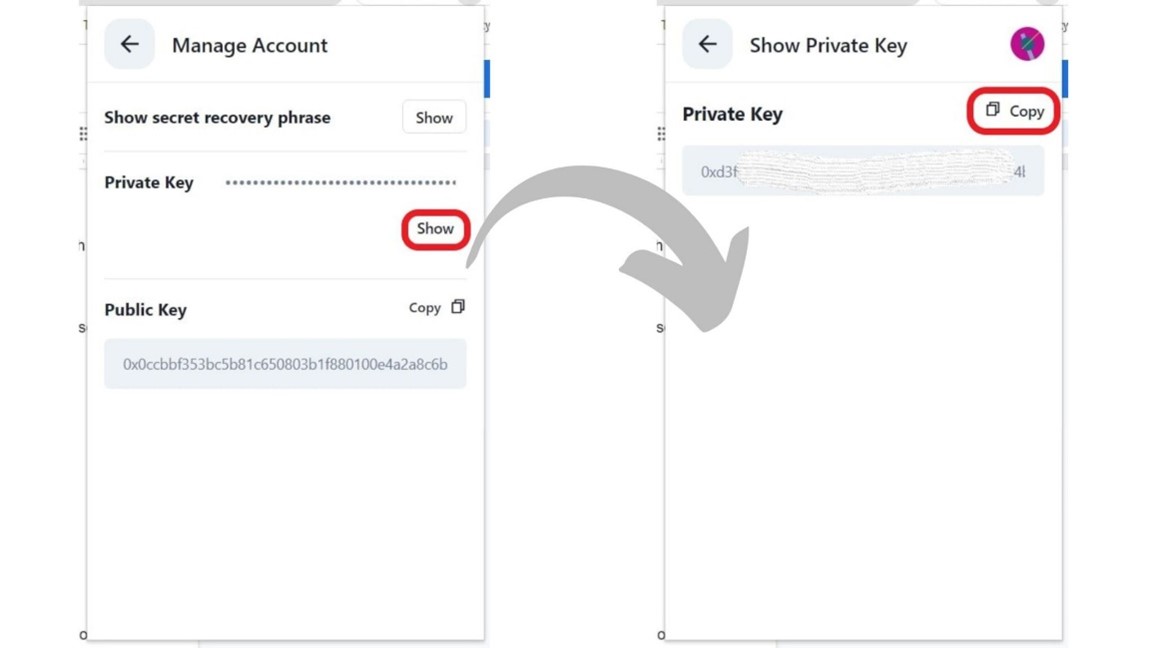
5. Check Game Reviews and Community Feedback
Tip: Look for community feedback, reviews, and experiences from trusted sources before committing time or money to a game.
Why: Scams often target new players who haven’t heard about the game or its issues yet. Community feedback can help you spot red flags.
How to Protect Yourself:
Visit social media platforms (e.g., Twitter, Reddit, Discord) and check for reviews or discussions about the game.
Look for user experiences, warnings, or advice from trusted members of the P2E community.
6. Avoid Pump-and-Dump Schemes
Tip: Be cautious of new or obscure token listings that are rapidly pumped up in value by a small group of people.
Why: In pump-and-dump schemes, token prices are artificially inflated by coordinated groups, only to crash once most people have bought in.
How to Protect Yourself:
Don’t buy tokens based solely on hype or social media pressure.
Evaluate a token’s fundamentals (utility, backing, team, and roadmap) rather than being swayed by short-term price movements.
7. Understand Tokenomics and the Game’s Economy
Tip: Familiarize yourself with the game’s tokenomics (how tokens are issued, distributed, and used within the game).
Why: Games with poorly designed or unsustainable tokenomics can be prone to inflation, devaluation, or manipulation, leading to the loss of value for players.
How to Protect Yourself:
Read the whitepaper or documentation that the game developers provide.
Pay attention to token distribution, liquidity, inflation rates, and utility within the game economy.
If the tokenomics seem overly complicated or unclear, be cautious.
8. Avoid Unsolicited “Airdrops” or Offers
Tip: Be wary of unsolicited offers, such as random airdrops, giveaways, or partnerships sent via email, social media, or messaging apps.
Why: Scammers often send fake airdrop invitations to trick users into sharing sensitive information or connecting their wallets to malicious sites.
How to Protect Yourself:
Only claim airdrops or participate in giveaways from official game accounts or platforms.
If you receive unsolicited offers, do not engage with them until verifying the legitimacy.
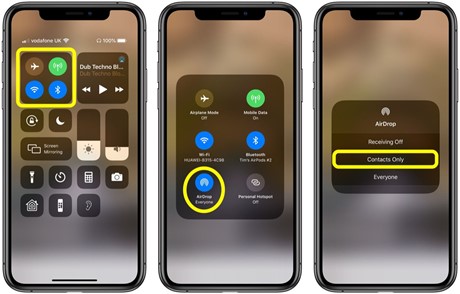
9. Use a Hardware Wallet for Extra Security
Tip: For additional security, consider using a hardware wallet (e.g., Ledger or Trezor) for storing your game-related tokens and NFTs.
Why: Hardware wallets store your private keys offline, making them far more secure from online threats like hacks and phishing attempts.
How to Protect Yourself:
Transfer important assets (e.g., high-value NFTs or tokens) to a hardware wallet for safer long-term storage.
Only connect your hardware wallet to trusted devices and avoid using public or unsecured networks.
Final Thoughts
Scams and pitfalls are an unfortunate part of the rapidly growing P2E ecosystem, but by staying cautious, conducting thorough research, and adhering to best practices for security, you can significantly reduce your chances of falling victim to malicious actors. Always approach new games and opportunities with a healthy level of skepticism, and prioritize safety over hasty decisions.



